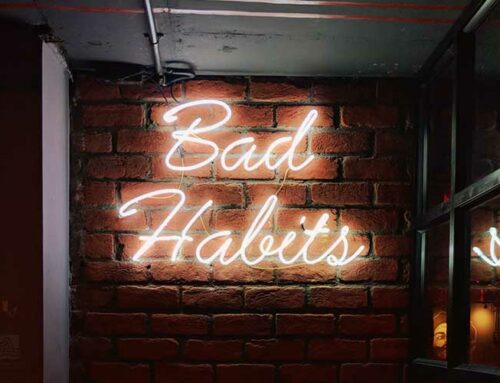Teens and Drinking
Good or bad, teens and drinking go hand in hand. In fact, according to the CDC…
- Alcohol is the most commonly used and abused drug among people aged 12 to 20 years in the US
- Teens drink 11% of all alcohol consumed in the US each year
- More than 4,300 teens die from excessive drinking every year
Odds are that your teen will drink at some point in time.
Although the statistics may seem overwhelming, they do not have to be. With awareness and open communication, you can help your teen avoid or recover from a teen drinking problem.
Help Avoid the Teens and Drinking Combination
One key to helping teens avoid drinking (as well as other teen challenges) is to talk to them.
- Talk often.
- Listen without judgement.
- Talk honestly.
When you talk to your teen to help them avoid teen drinking:
- Start With an Open Mind – Ask your teen’s views. Find out what your teen thinks about alcohol… listen even if their opinions differ from your own.
- Be Honest – Teens often think that drinking makes them popular or happy. Explain that alcohol can make you feel “high,” but it’s a depressant that can also cause sadness and anger. Talk to them about your own experiences with alcohol, good and bad.
- Discuss the Pros and Cons to Drinking – Let’s face it… there is an appeal to drinking or no one would do it. Do not avoid those but temper them with the downsides of drinking. Explain the risks of alcohol, and appeal to your teen’s self-respect. If you have a family history of alcoholism or drinking problems, be honest. Explain that your teen might be more vulnerable to developing a drinking problem.
- Help Them Brainstorm Options – Talk with your teen about how to respond to offers of alcohol recognizing that peer pressure is a real stress in that situation. It might be as simple as saying, “No thanks” or “Do you have any soda” or as complicated as a keyword or a friend who helps them escape the temptation.

Identify and Recover From the Results of Teens and Drinking
Unfortunately, some teens will drift from drinking experimentation or addiction. It is terrifying and overwhelming but you can be there for and help your teen.
Look for symptoms that your teen might be drinking or drinking too much:
- Decreased involvement in extracurricular activity
- Lethargy
- Weight changes
- Decline in time spent with family
- Decline in study habits
- Symptoms of depression
- Combativeness towards parents or other authority figures
- Unusual smells on breath, body, or clothing
- Erratic behavior
- Deterioration in physical appearance and personal grooming
- Using eye drops to hide blood-shot eyes
If you have any questions about talking to your teen about drinking or you have a teen who is battling teen drinking, then we can help.




